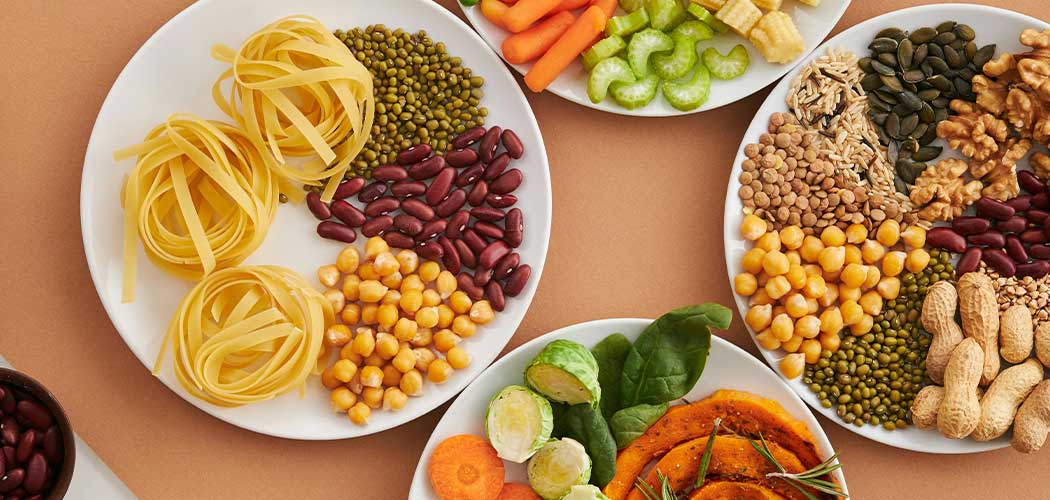Diet quality may influence menopausal symptoms and overall quality of life, according to a nutrition study of Australian women.
The research of more than 200 women with an average age of 51, found those who consumed fewer sugar-sweetened drinks were less likely to have joint and muscle complaints.
In addition, a lower intake of red and processed meats was linked with improvement in overall general health.
The research, led by the University of the Sunshine Coast (USC), analysed women’s food and drink intake against the principles of a Mediterranean diet, given its established physical and mental health benefits.
The diet, with anti-inflammatory and antioxidant properties, emphasises fruits, vegetables, legumes, nuts, wholegrains, olive oil and fish over red and processed meats, processed foods and butter.
The typical diets of participants generally did not follow key principles of a Mediterranean diet, said lead author Dr Tilly Byrne-Kirk. Rather, most women’s diets were not meeting the recommendations for key food groups including vegetables, legumes, fruit, fish and nuts.
Women who did adhere more closely to a Mediterranean diet reported better physical functioning, such as muscle strength, flexibility and exercise capacity, the research found.
The research also highlighted the severity of menopausal symptoms experienced by the women, whether medicated or untreated. “These included night sweats, hot flushes, trouble sleeping and joint and muscle pain,” said Dr Byrne-Kirk.
While the study did not prove a comprehensive relationship between menopause symptoms and a Mediterranean-style diet, there were key takeaways to help women stay healthy, said UniSC supervisor, academic and dietitian Dr Anthony Villani.
“Menopause is an inevitable stage of ageing for women with many possible symptoms, but there is growing research to indicate that aligning their diets with Mediterranean-style principles can at least assist with physical function and a reduced risk of chronic disease associated with ageing,” he said.
“This becomes increasingly important past their 60s to prevent frailty and maintain independence.”
The study is published in a paper in the European Journal of Nutrition.









One Response
I need the red meat for thr ferritin, and I eat a lot of fresh veg and legumes etc already